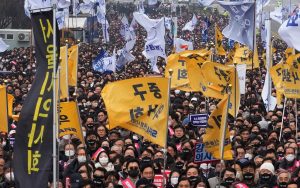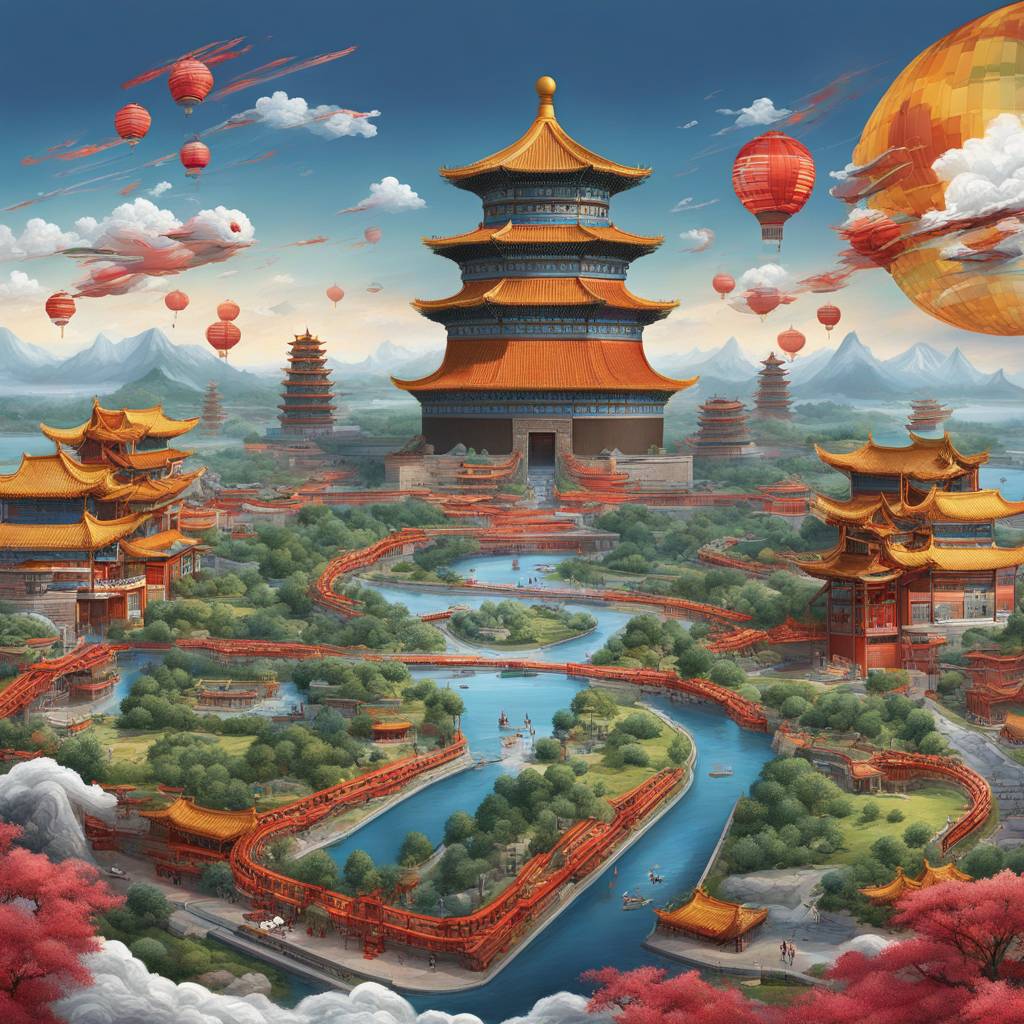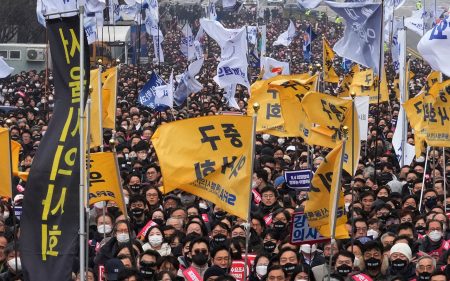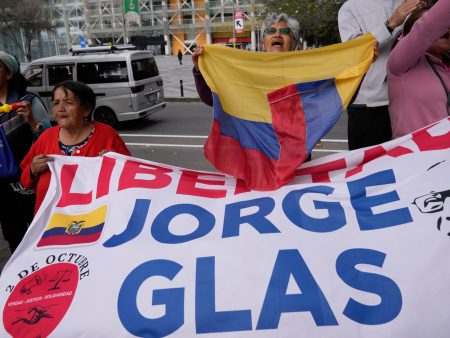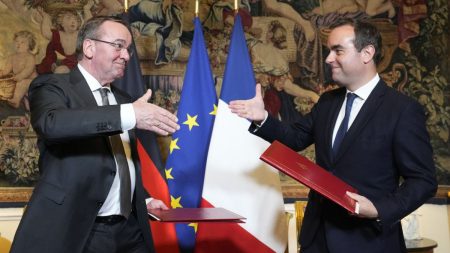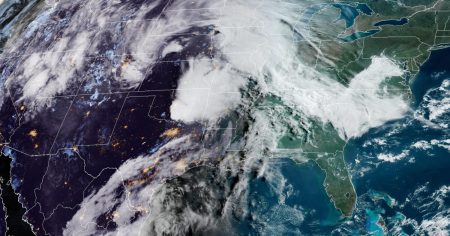Chinese leader Xi Jinping reassured Dutch Prime Minister Mark Rutte that attempts to limit China’s access to technology will not hinder the country’s progress. This conversation followed the Netherlands enforcing export licensing for chip machinery in 2023, a move that mirrored US measures aimed at restricting Chinese access to advanced technology. Xi cautioned against the creation of technological barriers, emphasizing that external forces will not halt China’s development. He asserted that the Chinese people have the right to legitimate development, and no force can impede the nation’s scientific and technological advancements.
In response to the restrictions imposed by the US and its allies, the Netherlands implemented export licensing requirements on the sale of machinery capable of producing advanced processor chips. This decision was made in light of security concerns raised by the US and the advice it offered to its allies to follow suit. Xi did not specifically mention the chip machinery in his statements, but he emphasized that scientific and technological barriers, along with fragmentation of industrial and supply chains, will only lead to division and confrontation. The Chinese leader reiterated that China’s progress in the technological realm will continue unhindered by external pressure.
Dutch Prime Minister Rutte and Trade Minister Geoffrey van Leeuwen were expected to address various topics with Chinese leaders, including the conflicts in Ukraine and Gaza. China’s neutral stance on the Ukraine war, which has included providing diplomatic and economic support to Russia, has caused frustration in Europe. Rutte expressed the importance of preventing Russia from winning the conflict and hoped to convey this message to China during his discussions. Additionally, topics such as intellectual property rights, subsidies, and human rights were expected to be on the agenda during the meetings.
ASML, a Dutch company and the world’s sole producer of machines using extreme ultraviolet lithography to manufacture advanced semiconductors, has become a focal point in the technology restrictions debate. In 2023, China emerged as ASML’s second-largest market, accounting for 29% of its revenue as Chinese companies rushed to acquire equipment before the licensing requirement went into effect. Beijing has accused the US of hindering China’s economic development by limiting technology access, prompting Xi to initiate a campaign promoting domestic chip development and other high-tech products.
China has consistently criticized the US for expanding the concept of national security and using various pretexts to force other countries to impose technological blockades against China. Foreign Ministry spokesperson Wang Wenbin has denounced these actions as attempts to hold back China’s economic growth. As tensions continue to escalate, ensuring the interests of companies like ASML, while upholding national security concerns, has become a top priority for Dutch officials. NATO’s ties with Asia and potential regional tensions may also be addressed during discussions as Rutte remains a leading candidate for the next head of NATO, an organization that China has criticized for exacerbating regional tensions.
The evolving landscape of international relations, especially regarding technology access and security concerns, is shaping diplomatic conversations between China and its global partners. Xi’s assurance to Rutte that China’s development will not be deterred by external obstacles reflects the country’s determination to continue advancing in the technological realm. As discussions between Chinese and Dutch officials cover a range of topics including trade, security, and global conflicts, navigating the complex dynamics between economic interests, national security, and international cooperation becomes increasingly crucial in the pursuit of a stable and prosperous global community.

